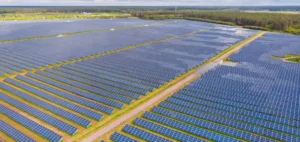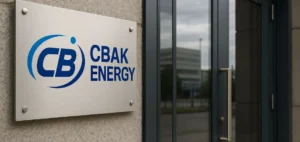The swift expansion of computing power required for AI models is fueling an unprecedented energy demand. Data centers, essential to AI operations, could account for 3% of global electricity consumption by 2030, according to a Deloitte study. This rising consumption raises concerns about the sector’s sustainability and the need for stricter oversight.
Soaring Energy Consumption
AI development relies on the massive expansion of data centers, driven by ever-increasing computing power. This growth comes at a cost: these facilities could soon consume as much electricity as France and Germany combined. Managing the energy footprint of these infrastructures is becoming a strategic issue for governments and tech corporations.
Experts from the National Engineering Policy Centre (NEPC), an independent UK organization, recommend improving transparency on the energy and water consumption of data centers. The current lack of precise data prevents a comprehensive assessment of their impact and complicates the implementation of effective regulations.
Mounting Pressure on Water Resources
Beyond electricity consumption, cooling these infrastructures requires vast amounts of water. According to a study by American researchers, data centers’ water usage could increase four to six times by 2027, reaching levels comparable to Denmark’s annual consumption.
In response, the NEPC report’s authors argue that public authorities must impose environmental standards to limit potable water usage and optimize cooling systems. Implementing stricter regulations could encourage companies to invest in more efficient, resource-conscious technologies.
Towards Stricter Industry Oversight
As tech firms continue their expansion, pressure is mounting to regulate their environmental impact. The NEPC’s recommendations call for mandatory reporting of energy and water consumption to enhance transparency within the sector.
Each request processed by ChatGPT, the conversational AI model developed by OpenAI, consumes approximately ten times more electricity than a Google search, according to the International Energy Agency (IEA). This figure underscores the energy challenges posed by AI growth and highlights the urgent need for improved resource management by industry players.





















